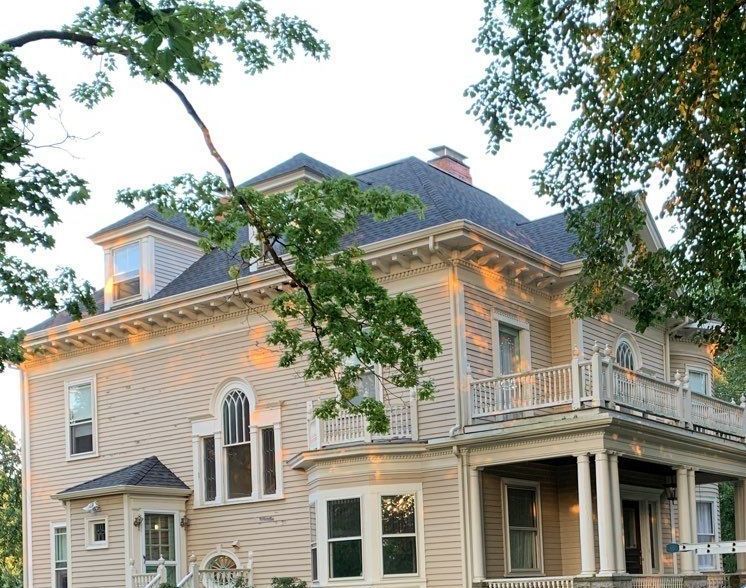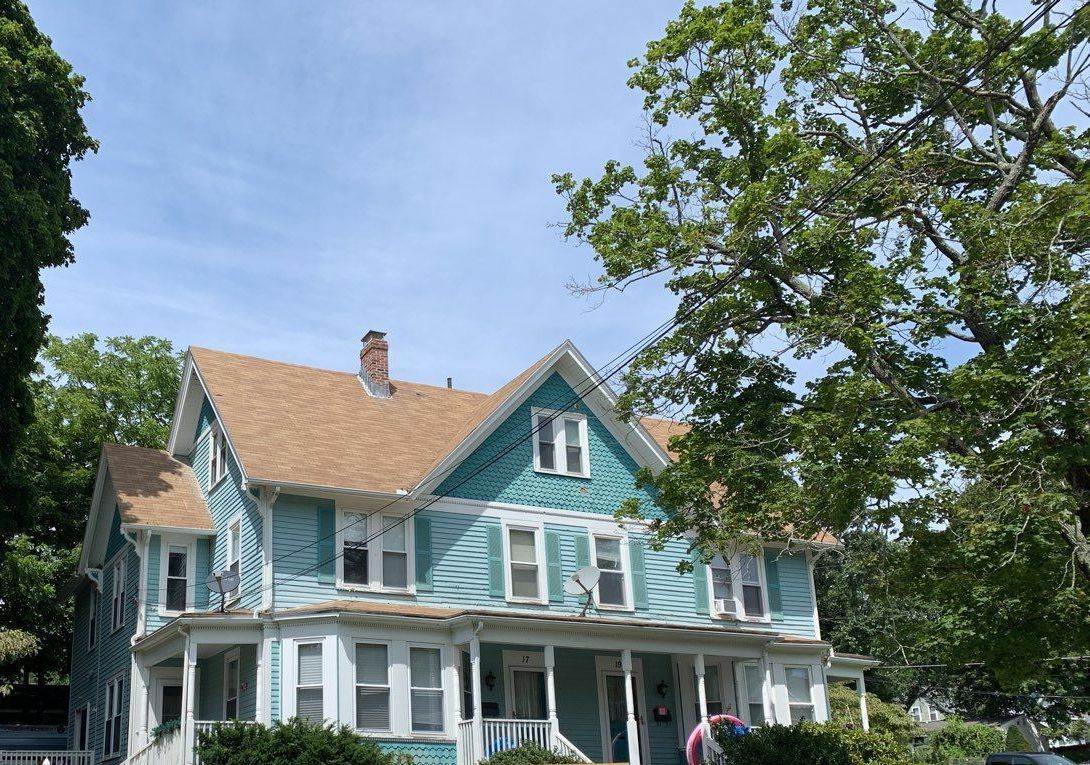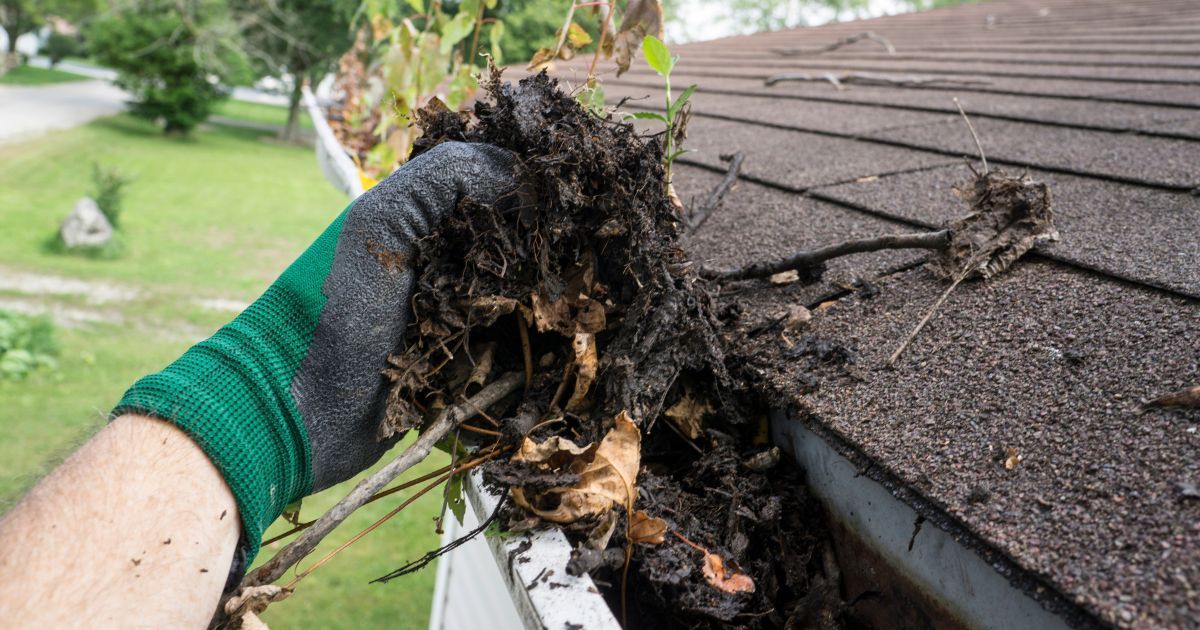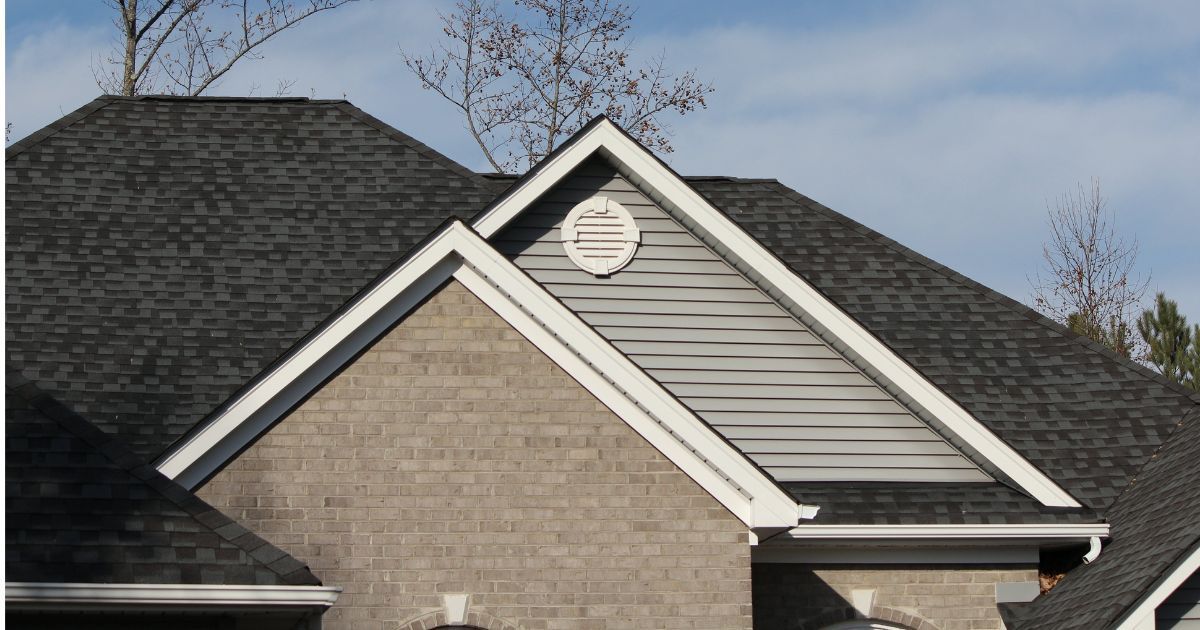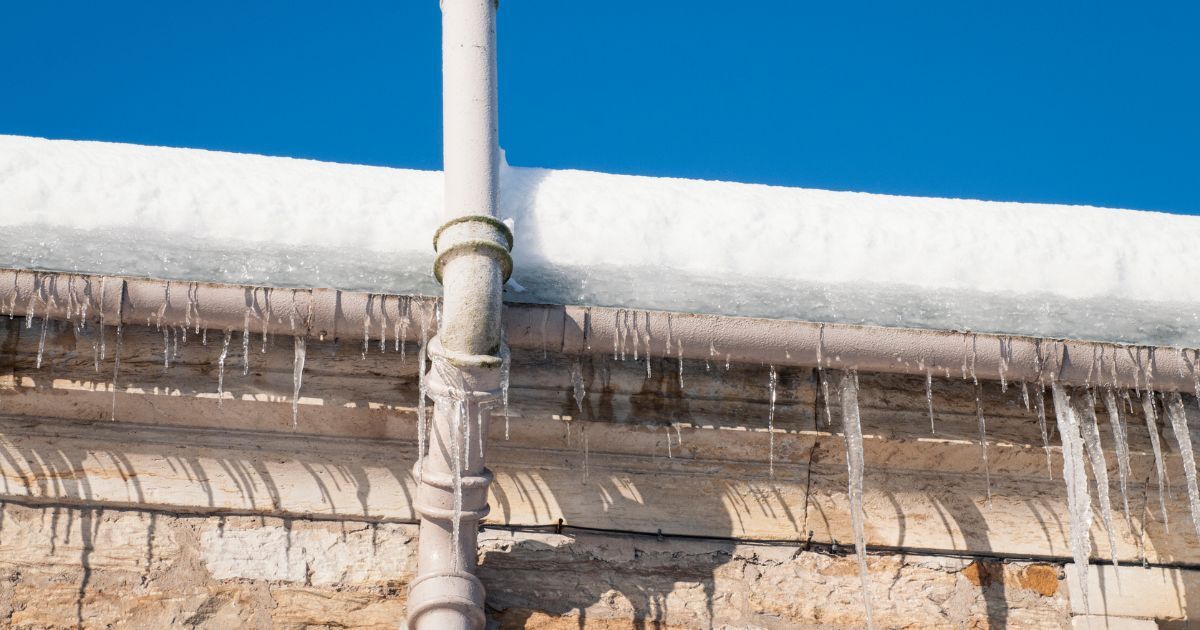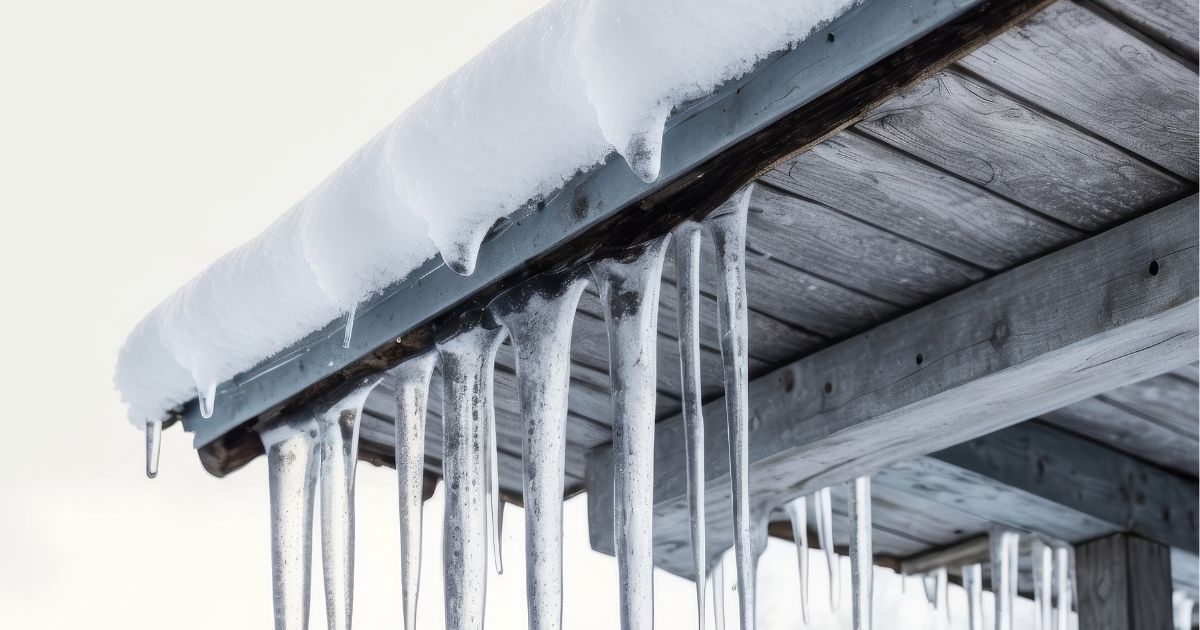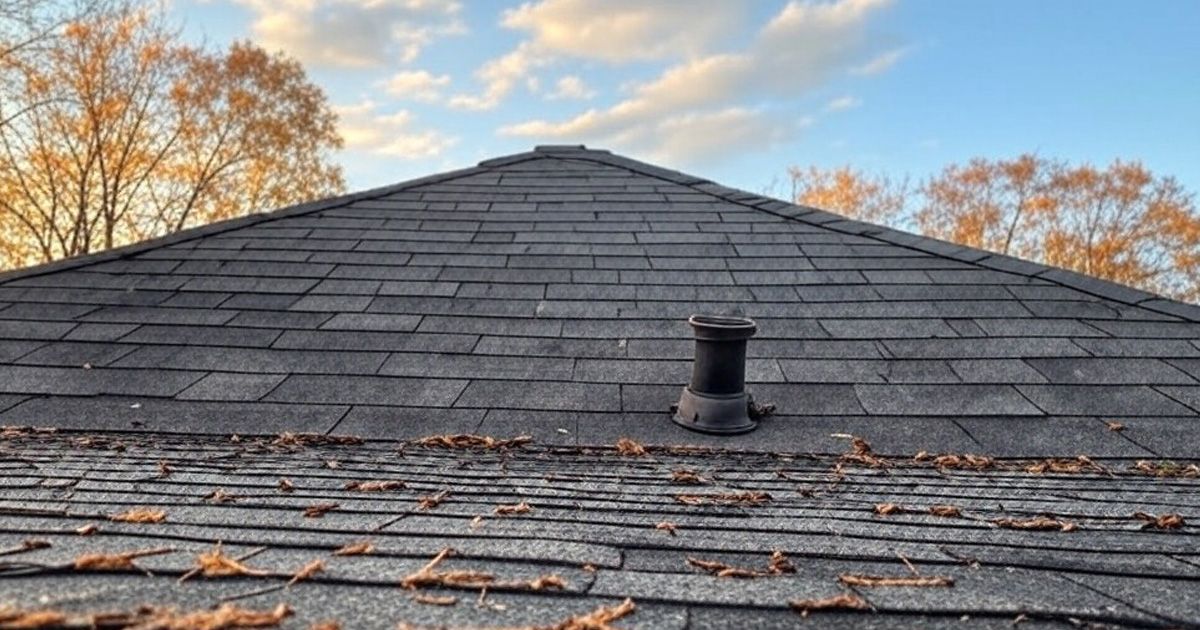When the unexpected happens, our highly trained roofers are here to help you with every stage of storm damage inspection, claim and repair process. You can trust us to help you and your family pick up the pieces after a MA winter storm and install a roof to last decades to come.
Expert Roof Storm Damage Repair Services
Given the unpredictable nature of severe weather in Massachusetts, it's impossible to always be fully prepared. When storms hit, your roof is typically the first line of defense and often the first to suffer damage.The most proactive step you can take against storm-related roof damage is to maintain your roof regularly and have a trusted roofing company on speed dial for emergency repairs.
At Master Roof, we are here to help you be proactive when it comes to protecting your roof from storm damage or in the case of an emergency, recover after damage has been done. You can trust our expert team to deliver exceptional storm damage roofing repair and replacement to residents throughout the Boston MetroWest region and the entire state of Massachusetts. Master Roof's expert storm damage repair services in Massachusetts will ensure your roof remains a steadfast protector for you, your family, and your home.
Our expertise in roof replacement, repair, attic ventilation, chimney flashing, skylights, gutters makes us a trusted choice for homeowners year round and in the wake of inclement weather. With a top notch team of fully licensed and insured roofers, we guarantee that your roofing project is executed with the highest standards of customer service, professionalism and care. We used top brands like GAF and Owens Corning asphalt shingles for roof replacements and installations.
Master Roof provides expert roof repair for many types of roofing issues caused by storm damage including ice, hail or damage from trees or other objects. We also cover all types of roofs - from metal roofing to asphalt, rubber or rolled roofing.
Storm Damage Related Articles
"Very pleased with the service and speed! Our daughter used Master two years ago and was also pleased with her service. We advise anyone needing a new roof to use this company."
Jun C.
Roof Replacement
"Everything was explained fully beforehand, and the entire roof was installed in nine hours. No trash or debris was left behind. I highly recommend Master Roof for any roofing service."
Ralph T.
Roof Replacement
"Absolutely top class company to work with. Wilson and Paul have provided wonderful service and a great experience. They are always available, and the pride they take in their workmanship is a huge comfort factor to me."




